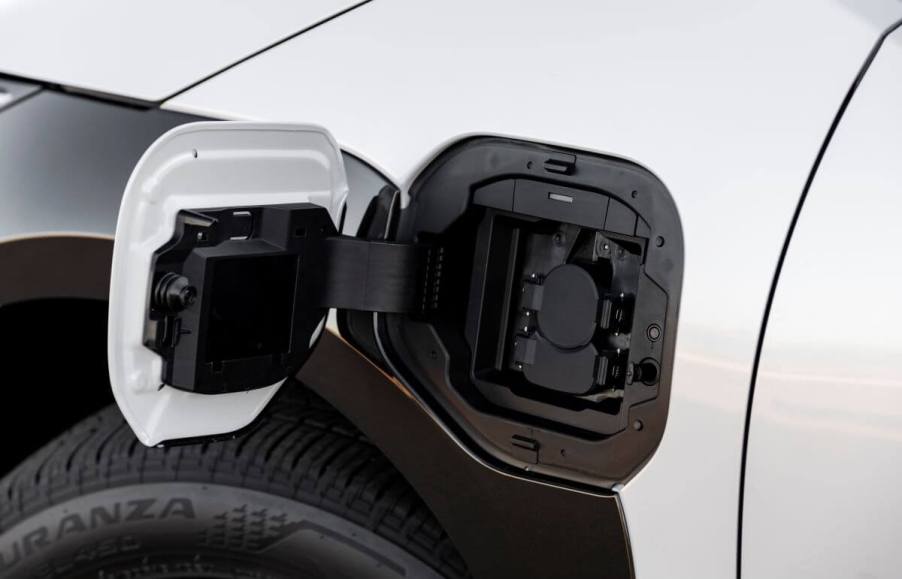
Do You Agree With Toyota’s Justification of Its Stance on EVs?
Electric vehicles are becoming increasingly popular, with many drivers looking to reduce their carbon footprint and save money on gas. From the ever-hot Tesla Model 3 to the sleek Chevrolet Bolt, drivers who want to purchase an EV have more options than ever before. However, buyers who are loyal to Toyota will be waiting a while to get their hands on an EV.
Not only has the automaker consistently shied away from making EVs, but a brand-new corporate document reveals that Toyota has several reasons for refusing to focus on electric vehicles. For many shoppers, Toyota’s stance could be extremely divisive.
Toyota has been shying away from producing EVs
Over the past few years, many auto manufacturers have been stepping up their game, producing electric vehicles to meet the growing demand from consumers. However, unlike many competitors like Chevy, Toyota hasn’t prioritized developing EVs at the same rate. Even Honda, a competing Japanese brand, has set the ambitious goal of eventually having a fully electric lineup.
When asked about its unwillingness to produce more EVs, Toyota corporate executives gave mixed answers. According to Inside EVs, Toyota’s Chief Technology Officer Masahiko Maeda said the company doesn’t necessarily believe EVs are the way to the future. “Some people love battery-electric vehicles but others don’t see the current technologies as convenient. In the end, what matters is what customers choose,” Maeda said. Toyota has also said that it plans to concentrate on multiple options in the coming years – but for those who are demanding more EVs, that answer isn’t entirely satisfying.
A new corporate document from Toyota sheds light on its EV stance
A recent document reportedly circulated by Toyota corporate sheds more light on why the company is hesitant to focus its efforts on producing EVs. According to Jalopnik, the document called out three significant barriers to widespread EV adoption in the United States: an anticipated mineral shortage, lack of essential charging infrastructure, and affordability. As Jalopnik noted, the document claimed that sourcing the materials for batteries will dramatically increase, which will cause costs and difficulty of getting those materials to go up.
It also claims that many Americans will have difficulty affording EVs since they are still quite expensive compared to gas or hybrid vehicles. The other point made by Toyota in the document is that charging infrastructure in the United States is lacking and isn’t prepared to keep up with a surge of EVs on the roads.
There’s room for debate over Toyota’s EV stance
While Toyota makes some valid points in the document, there’s certainly room for debate over all three points. While it is true that many EVs are still expensive compared to traditional gas or even hybrid models, the cost of gasoline is also rising, and many Americans are proving that they would rather plug in their EV rather than drop hundreds of dollars in gas every week. Additionally, many people opt to lease EVs, a slightly more cost-effective way to enjoy a new vehicle.
Toyota’s other argument is strongly supported by those who are pro-Toyota, that there’s a significant lack of charging infrastructure currently in the United States. However, big changes are happening daily, and with more manufacturing facilities ramping up to install and manage these charging stations, that likely won’t be a problem for very long. Ultimately, there are pros and cons to the EV debate, and only time will tell if Toyota’s stance proves right.



